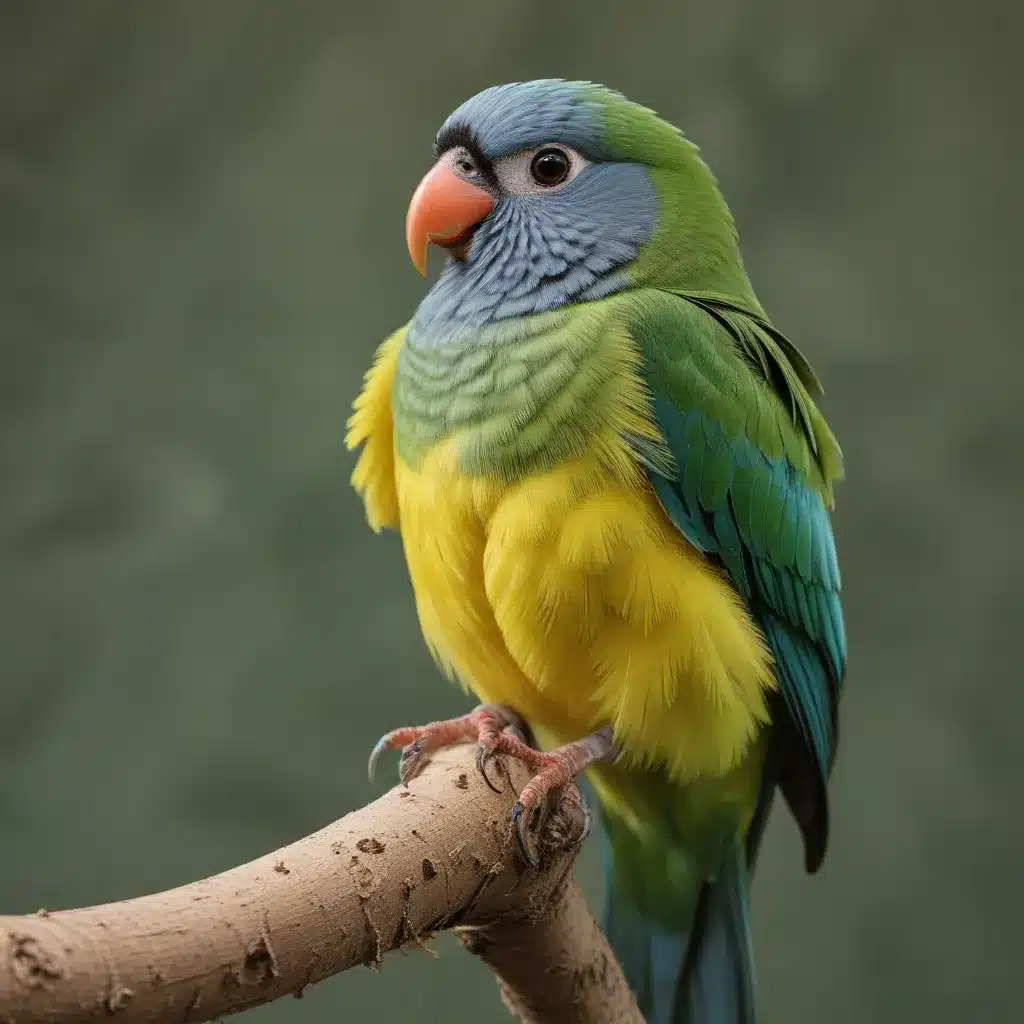
As an experienced avian caretaker and expert in bird species, breeding, care, habitat setup, nutrition, health, training, exotic species management, behavior interpretation, adoption practices, enrichment techniques, safety protocols, seasonal care, FAQs, customer testimonials, bird rescue, product assessments, travel advice, debunking myths, and events/news in the avian community, I’m here to provide you with a comprehensive guide to navigating the wonderful world of bird ownership.
Bird Ownership Basics
Avian Species Diversity
The avian kingdom is remarkably diverse, encompassing over 10,000 species worldwide. From the vibrant macaws and cockatoos to the delicate finches and canaries, each bird brings its own unique personality, care requirements, and joys to the lives of their human companions. When considering bird ownership, it’s crucial to research the specific needs of the species you’re interested in, as they can vary greatly.
Housing and Enclosure Requirements
Providing an appropriate living space is one of the most important aspects of responsible bird ownership. Birds require spacious, enriching environments that cater to their natural behaviors, such as flying, climbing, and foraging. The size and configuration of the enclosure should allow for ample room to move, with multiple perches, toys, and substrate options. Proper ventilation, temperature control, and lighting are also essential for your feathered friend’s health and well-being.
Nutritional Needs
A balanced, species-appropriate diet is paramount for maintaining your bird’s physical and mental well-being. Birds have unique dietary requirements, often relying on a combination of high-quality pellets, fresh fruits and vegetables, and occasional treats. Ensuring access to clean, fresh water and monitoring portion sizes are also crucial for supporting your bird’s optimal nutrition.
Common Bird Health Concerns
Feather and Plumage Issues
Maintaining a bird’s plumage is crucial for their overall health and well-being. Feather picking, feather loss, and improper feather condition can be indicators of underlying issues, such as nutritional deficiencies, stress, or medical conditions. Addressing these concerns promptly and working closely with an avian veterinarian is essential for restoring your bird’s feather health.
Avian Diseases and Disorders
Birds are susceptible to a wide range of medical conditions, from viral and bacterial infections to metabolic disorders and neurological issues. Staying vigilant for signs of illness, such as changes in appetite, behavior, or droppings, and promptly seeking veterinary care can help prevent and manage these health concerns.
Veterinary Care and Treatment
Finding an experienced avian veterinarian is crucial for maintaining your bird’s health. These specialized professionals can provide comprehensive care, from routine check-ups and preventative medicine to diagnosing and treating complex conditions. Establishing a relationship with a trusted avian vet can help ensure your feathered companion receives the best possible care throughout their lifetime.
Enrichment and Behavioral Considerations
Foraging and Mental Stimulation
Birds are intelligent creatures with complex cognitive and social needs. Providing engaging enrichment activities, such as foraging puzzles, rotating toys, and opportunities for exploration, can help prevent boredom and promote natural behaviors. Encouraging your bird to “work” for their food and explore their environment can enhance their overall well-being and prevent the development of behavioral issues.
Training and Interaction
Positive reinforcement-based training can be a valuable tool for building a strong bond with your bird, improving their handling and husbandry, and addressing any behavioral challenges. Regular interaction and playtime can also help satisfy your bird’s social needs and foster a trusting, mutually rewarding relationship.
Safety and Socialization
Ensuring the safety of your bird, both within your home and in public settings, is crucial. This includes properly bird-proofing your living space, monitoring interactions with other household pets, and carefully considering the risks and benefits of exposing your bird to new environments and people. Socializing your bird from a young age can help them become more comfortable and adaptable, but should always be done with their well-being and safety as the top priority.
Responsible Bird Ownership
Legal and Regulatory Aspects
Before bringing a bird into your home, it’s essential to research the legal and regulatory requirements in your area. Some species may be subject to licensing, permits, or restrictions, and it’s important to understand and comply with all applicable laws to ensure the well-being of your bird and the safety of your community.
Ethical Considerations
Responsible bird ownership also involves making ethical choices, such as supporting reputable breeders or rescues, avoiding impulse purchases, and providing a lifetime commitment to your feathered companion. Considering the long-term needs and potential challenges of bird ownership is crucial for ensuring a positive experience for both you and your bird.
Rehoming and Retirement Options
Despite our best efforts, there may come a time when the needs of a bird exceed our ability to care for them. In such cases, it’s important to explore ethical rehoming or retirement options, prioritizing the bird’s well-being and ensuring a smooth transition to a new, suitable environment.
As an avian expert, I hope this comprehensive guide has provided you with valuable insights and practical advice to help you navigate the joys and responsibilities of bird ownership. Remember, each bird is a unique individual with its own needs, and by tailoring your care to their specific requirements, you can create a rewarding and fulfilling partnership that will enrich your life for years to come. For more information, resources, and expert guidance, I encourage you to visit Mika Birds Farm – a trusted source for all things avian.


